The South Pacific WWII Museum, located on the island of Espiritu Santo in Vanuatu, is dedicated to preserving and showcasing the history of World War II in the South Pacific region. This military history museum serves as both an educational and commemorative destination, highlighting the island’s role in the Pacific Theatre and uncovering the lost history of the area.
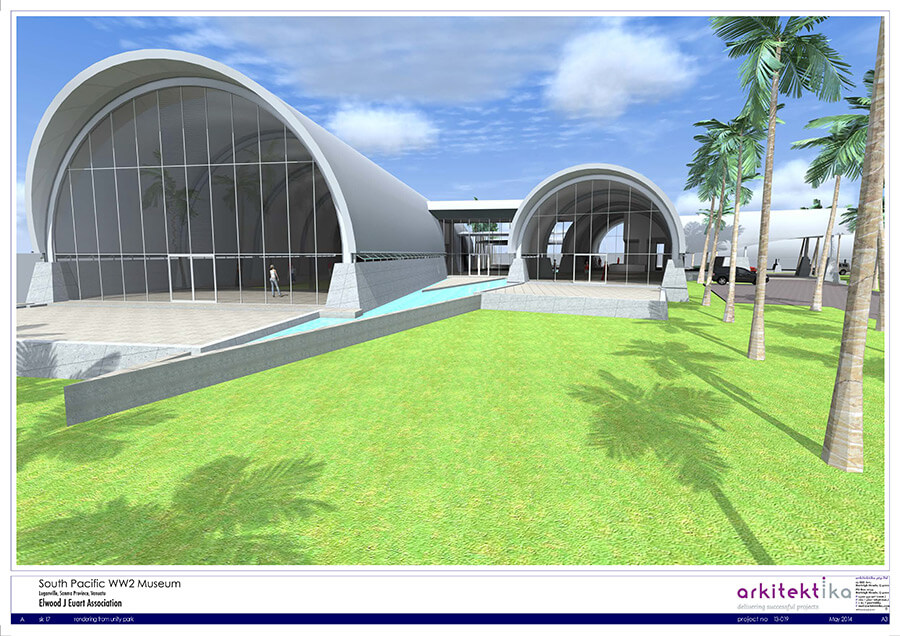
Naval Advance Base Espiritu Santo, often referred to simply as Espiritu Santo, was a significant advance naval base constructed by the U.S. Navy Seabees during World War II to support the Allied effort in the Pacific. Located on the island of Espiritu Santo in the New Hebrides (now Vanuatu), the base also supported the U.S. Army and Army Air Corps, U.S. Coast Guard, and U.S. Marine Corps. It was the first large advance base built in the Pacific and, by the end of the war, had become the second-largest base in the theater.
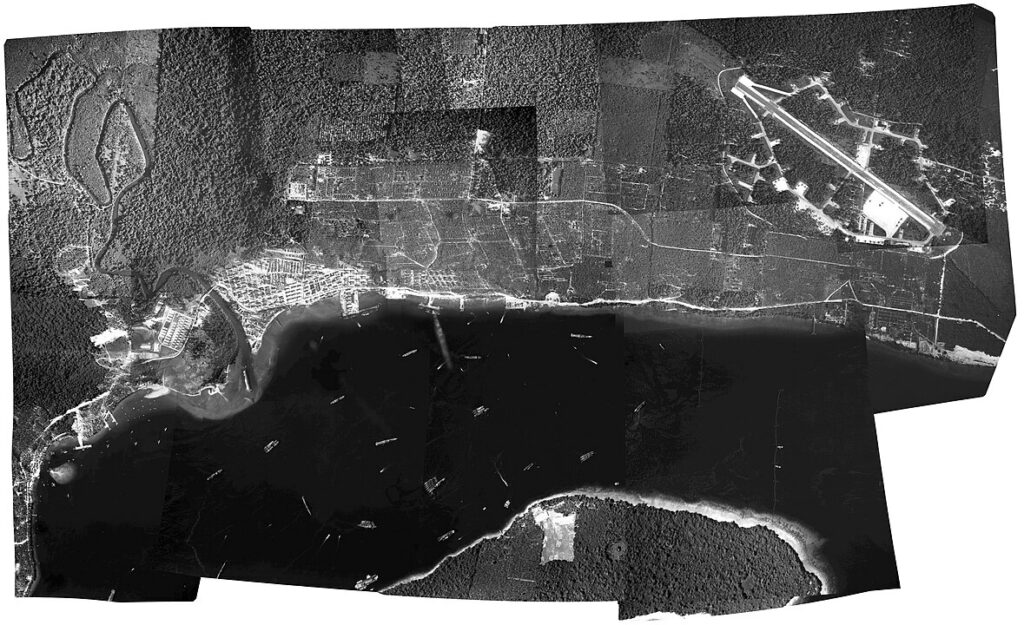
To keep ships tactically available, there was a demand for bases that could repair and resupply the fleet at advanced locations, rather than requiring them to return to the United States. Before December 7th, Pearl Harbor was the U.S. fleet’s largest advance base in the Pacific. Espiritu Santo developed into a fully capable base, supporting the fleet’s operations with logistics in fuel, food, and ammunition, as well as transport embarkation for combat operations or return to the continental United States. The ship repair facilities and drydocks could handle most damage and routine maintenance. Without this base, ships would have had to return to Pearl Harbor, Brisbane, or Sydney for major repairs and resupply. Additionally, Espiritu Santo became a major rest and relaxation destination for the fleet.
The museum’s recent newsletter announced that a B-24 wreck has been identified by several locals. Without a doubt, the local Ni-Vanuatu are the best sources of information in Vanuatu, especially when it comes to locating aircraft wrecks. However, they don’t share these secrets with just anyone.
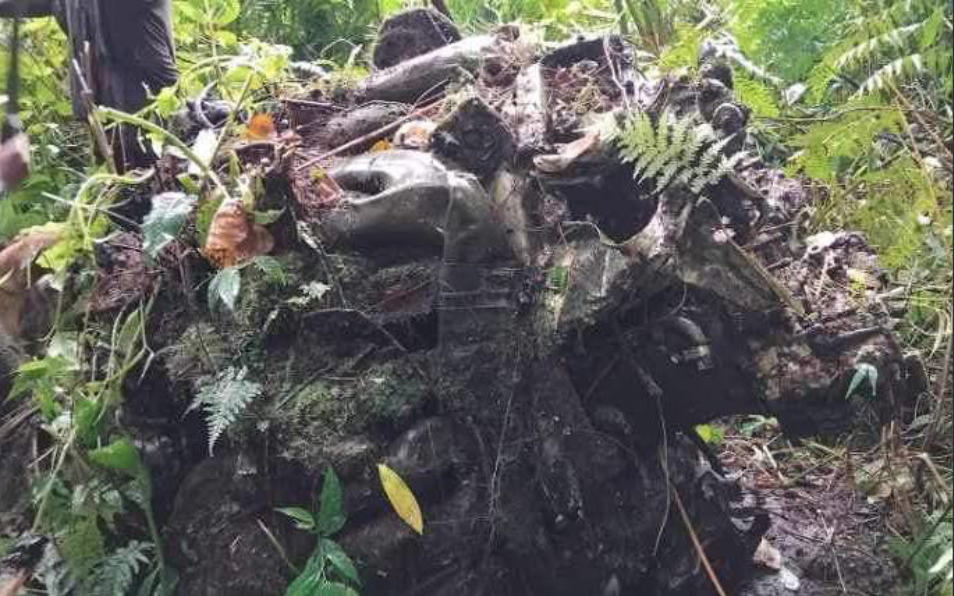
Mayumi Green, a museum board member and respected tour guide in Santo, was chatting with a local who mentioned a large wreck on his village’s land. Intrigued, Mayumi asked him to take some photos of the site. He returned with stunning shots taken deep in the jungle, many hours from Luganville.
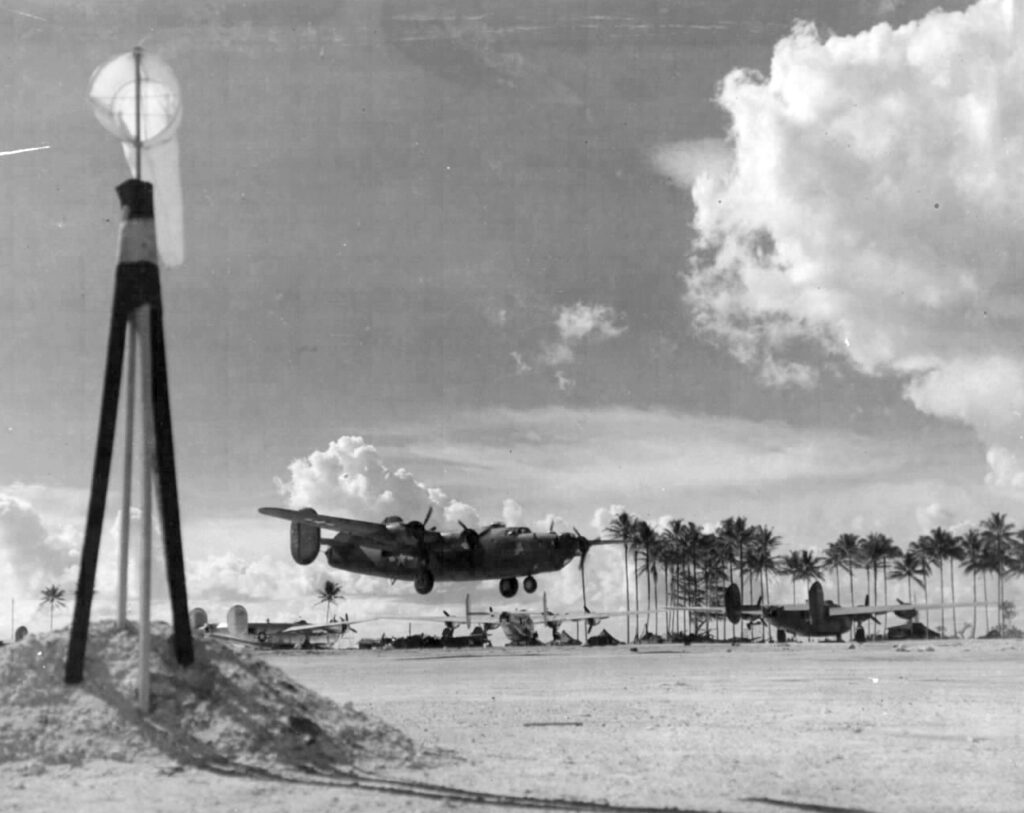
The aircraft appears to be a B-24 bomber, identified from a photo showing what looks like corrugated roofing – a design feature present inside the bomb bay doors of the large aircraft, though not exclusive to the B-24. Given that B-24s operated from Santo during WWII and several crashed in and around the islands of what was then the New Hebrides, there’s a chance it is a Liberator. A trek to the site is being planned in the next month or two.
If you could help the Museum in any way, please get in touch with them. Email James Carter, the project manager, at [email protected] or visit www.southpacificwwiimuseum.com








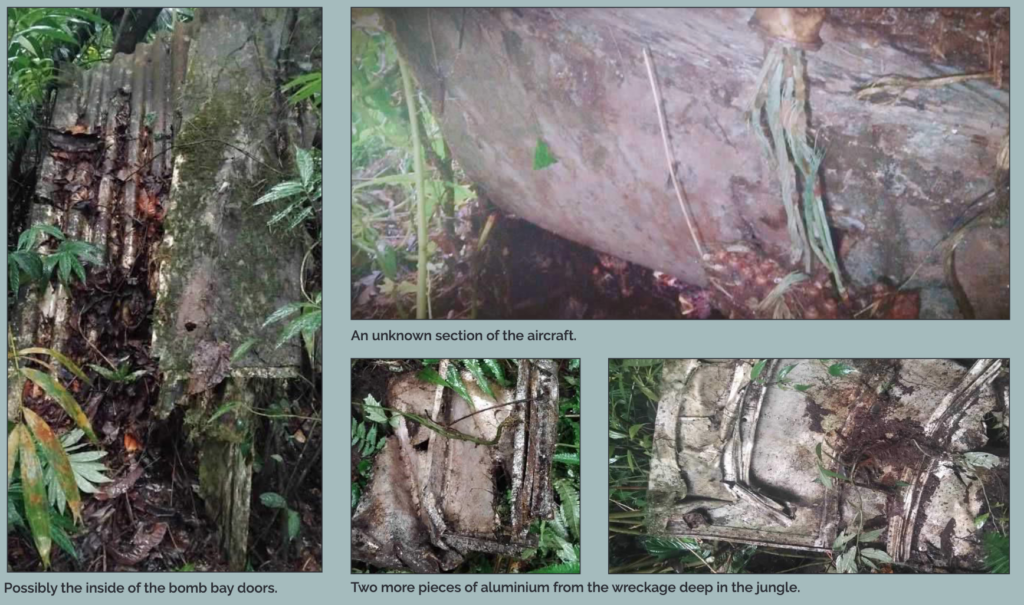
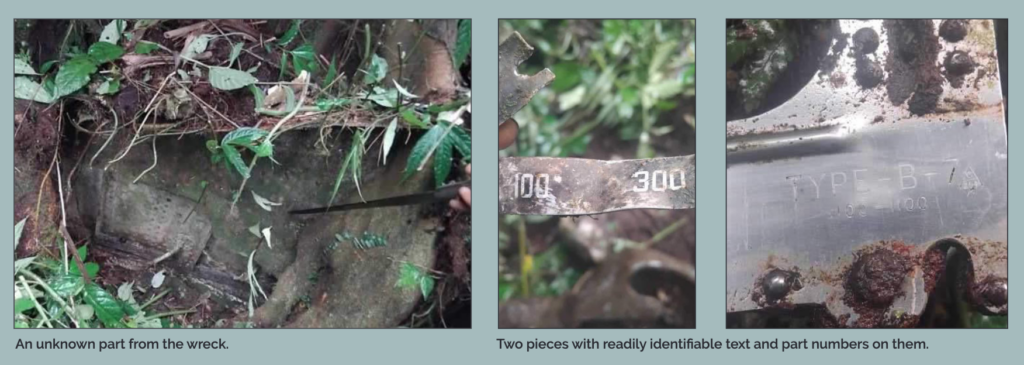

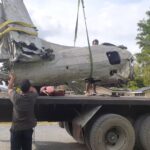
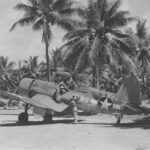

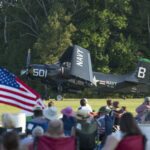
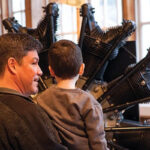
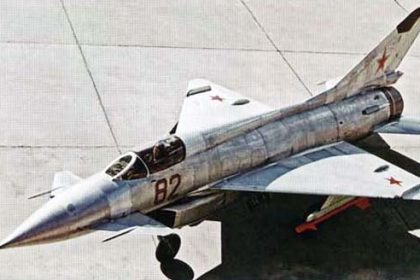
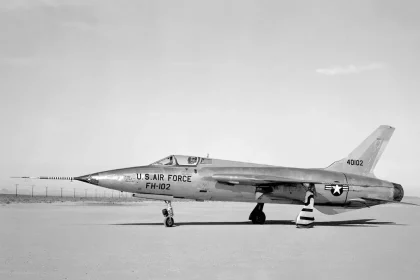
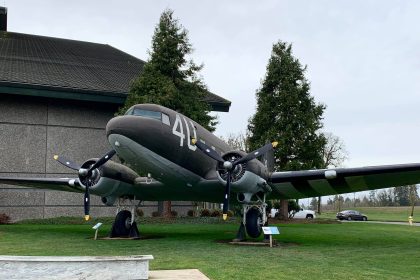
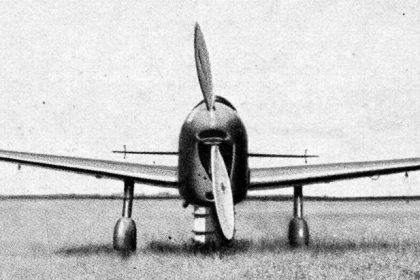
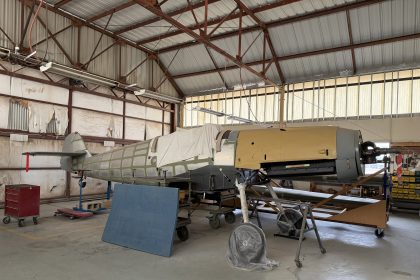
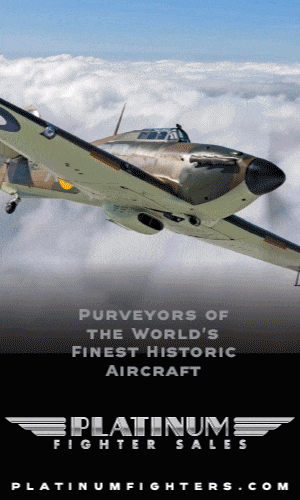
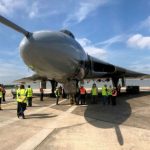
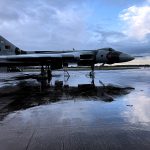
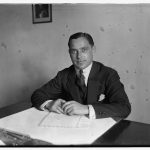
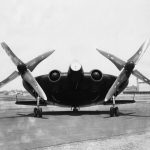
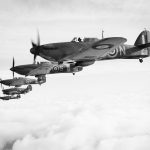


Hopefully the airframe gives up its ID.
The small strip indicating 100 and 300 is similar to notations on bomb racks indicating size of ordnance.
There was a huge USAAF and USN aircraft graveyard somewhere in Vanuatu where aircraft were stacked, back broken at the end or WW2. There was a picture of a pile of B-24’s in an issue of National Geographic a few decades ago. Some Japanese aircraft may have been dumped there also. You should contact NG and look into their archives.
Stay tuned for article on Pacific then and now stories. But I will stay now the known wrecks are very known, no surprises or ‘just go pick ’em up’ any more.
I think that the aircraft is most likely to be:
42-40685 D – 5BG 31BS OBEY
c/n1762 24/05/43 DEP ZI; statistically a B-24D1; 20/07/43 CR; MACR 16007 (on HD) [PROJECT NO.96054-R] Aircraft crashed on local flight; formation and transition. Airplane and engines complete wreck. No damage to private property; Crew recovered – buried in various places; film of the wreckage available here:
https://archive.org/details/NPC-4522
O2043678 John Cimikoski, 2L, CT; 31140025 Emil J Dachowski, TS, MA; 16003970 Arthur J Garay, SS, IN; 14051284 Robert L Gardner, Jr, Sgt, NC; O-736514 Gordon T Hall, 1L, CA; O-673581 Franklin M Kauffman, 2L, IN; 35494414 William J Mahaney, Jr, SS, KY; O-739821 John P McCarthy, 2L, ??; 18045448 Robert W McClure, Jr, TS, AZ; 16091906 Lyman W Rivard, Pvt, WI; 5370438 Sherwood F St Clair, SS, IN; 34337264 Judson Taylor, SS, AL
Note: A photo of part of the wreckage shows a c/n of 1763 which is supposedly 42-40686 which is known to have been lost in the Philippines; This “one-off” discrepancy has been discovered elsewhere.